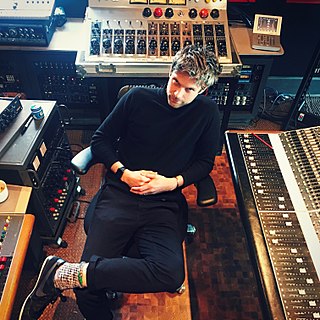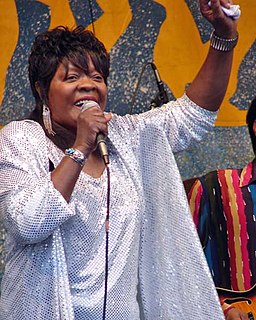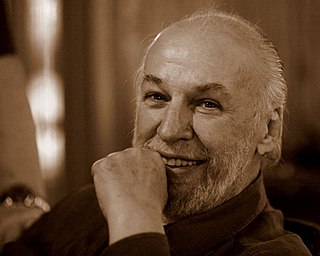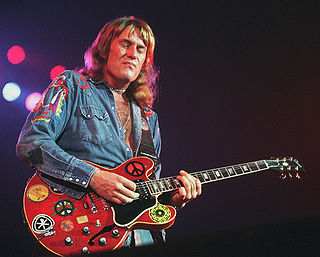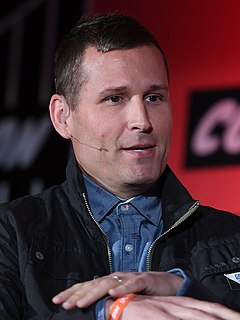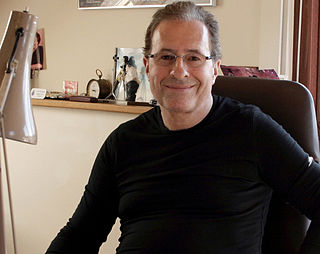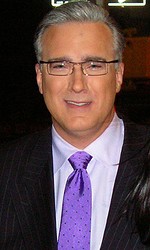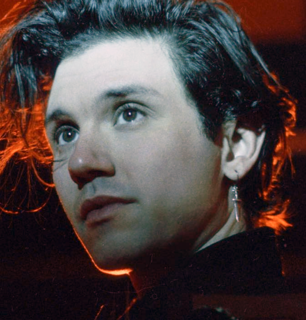A Quote by Maren Morris
As a touring musician over the last 15 years, before streaming and iPods, you had to listen to terrestrial radio wherever you were. That's always been my way of connecting to a location. Turn on the radio, search through the dial.
Related Quotes
When I was touring in Texas, that was before iPods and Spotify. Driving around through towns, I had to, out of necessity, scroll the radio. Whatever region of the country you are in, that's a great way to find out what they listen to. You find music wherever you are, and that becomes the soundtrack for whatever your road trip is.
Listen- my relationship with radio on a personal level is nothing but a one way love-a-thon... I love radio, I grew up on radio. That's where I heard Buddy Holly, that's where I heard Chuck Berry. I couldn't believe it the first time I heard one of my records on the radio, and I STILL love hearing anything I'm involved with on radio, and some of my best friends were from radio. But we were on different sides of that argument, there's no question about that.
I wrote 'Turn Your Radio On' in 1937, and it was published in 1938. At this time radio was relatively new to the rural people, especially gospel music programs. I had become alert to the necessity of creating song titles, themes, and plots, and frequently people would call me and say, 'Turn your radio on, Albert, they're singing one of your songs on such-and-such a station.' It finally dawned on me to use their quote, 'Turn your radio on,' as a theme for a religious originated song, and this was the beginning of 'Turn Your Radio On' as we know it.
I turn on the radio. I'm a really big fan of old-fashioned dial radio. I love WNYC and NPR and also 88.3 in New York, which is the jazz station, and it's usually good for background music. If I'm not in New York City or by a traditional radio, I'll stream it on my phone, although I usually try not to look at my phone first thing in the morning.
What was the more likely cause of the Oklahoma City bombing: talk radio or Bill Clinton and Janet Renos hands-on management of Waco, the Branch Davidian compound?...Obviously, the answer is talk radio. Specifically Rush Limbaughs hate radio....Frankly, Rush, you have that blood on your hands now and you have had it for 15 years.
To be honest, the search for a label was really weird, because some of the labels that you wouldn't expect to care about stuff like radio formats were the ones that did care. They were like, 'Yeah, we love this record, but what are we going to play on the radio?' And I was like, 'You don't have bands on the radio.'

